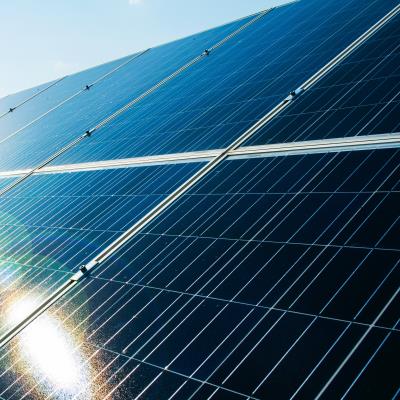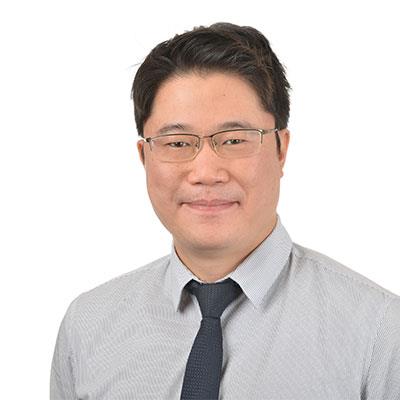Well I knew of several important people in my field that were based here and so I knew what the research involvement was like at Cranfield. I spoke to them and they were encouraging so that was the main reason I thought Cranfield would be a good choice for my career.
What are your areas of interest in the Energy sector?I am in energy harvesting and storage. Energy harvesting is more like scavenging; I scavenge the waste energy from everywhere. My field is different, we are not getting a large amount of power from a power station. I’m mainly scavenging the energy from small sources, like residue heat or mechanical motion. For energy storage, it's literally how you store the energy once you get it and how to use it effectively.
What current research projects are you involved in?One project I am working on is with the EPSRC council and two other universities to develop a technology called voltage detection. Put simply, for many sensors these days they are sensing events and collecting data 24 hours a day, but the only useful information is when the event happens, by which point most of the battery is wasted. The other two universities are developing a voltage detection, this means it's only when the event happens that we use the signal to power the sensor to wake up and start detecting. This has the potential to provide a huge saving on the battery.
The other thing I am working on is related more to delivering power to the sensor, which involves collecting the information and energy. The sensors can be used on bodies; they can sense body movement, like a heart beat and maybe even the activity in the brain. They can also be applied to infrastructure, for instance if you wanted to know if it was in good condition or operating optimally.
What are your plans for future research?I am focusing on two areas of energy harvesting and storage. The first is to develop the energy harvesting technologies and enhance the sensing capacities for sensors that are used in medical applications, i.e., how to use sensors to accurately collect information from the human body for healthcare purposes, and how to extend the battery life of wearable sensors. The second is to develop self-powered wireless sensor networks for structural and conditional monitoring in infrastructure, particularly for the infrastructures within the energy sector, such as wind turbines and oil platforms.
I’ll be teaching power electronics and the energy conversion in the biomass. I'm also supervising one MSc group project, as well as a number of individual students.
What elements of teaching do you most enjoy?The students at Cranfield are quite mature and usually have some expertise in other areas, and so I find that when I communicate with them it's inspiring and I get introduced to different ideas. It’s a mutual learning process; I’m not just teaching and supervising, I'm encouraging them to learn independently. During this process we are always really happy, we can generate some new ideas, new concepts and possibly those can then be used in future research.
How have you found Cranfield so far?The people are really friendly and helpful, and really professional. The facilities are awesome, we have some facilities that are close to industrial scale and they are very useful especially since we are working a lot with companies, so yes, the facilities are excellent.


